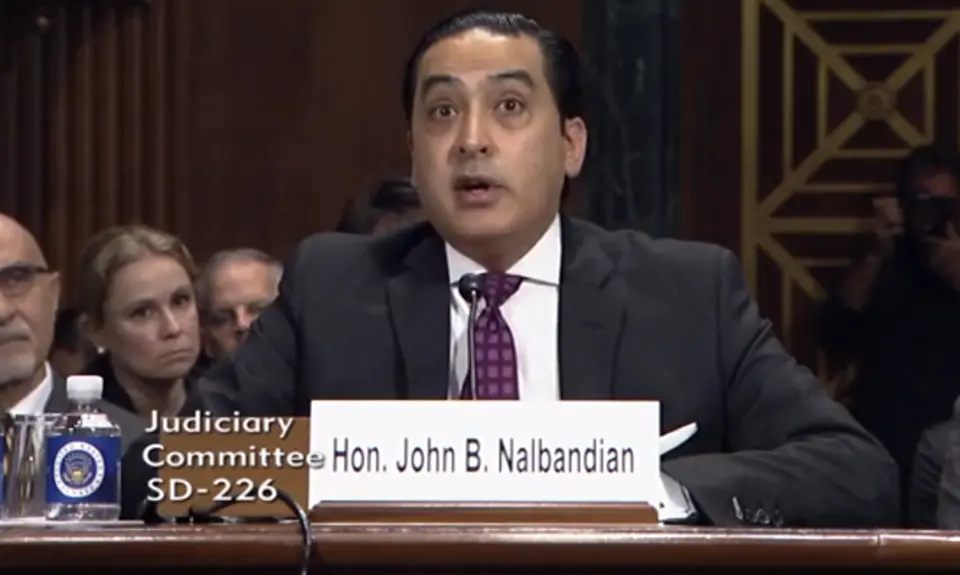“Confirmed Judges, Confirmed Fears” is a blog series documenting the harmful impact of President Trump’s judges on Americans’ rights and liberties. Cases in the series can be found by issue and by judge at this link.
Trump Sixth Circuit judge John Nalbandian wrote a divided April 2020 decision that ruled that despite a union contract, a large corporation need not provide basic health benefits to retirees. The case is International Union UAW v. Honeywell International, Inc.
For decades, collective bargaining agreement (CBAs) between Honeywell International and its employees, represented by UAW, provided that Honeywell would cover the “full cost of its retirees’ health insurance premiums.” Beginning in 2003, the CBAs stated that Honeywell would cover only floor-level benefits for future retirees, with some disagreement as to whether such benefits would be for life and as to whether full-cost benefits would continue for past retirees. The parties continued to disagree and filed suit against each other, leading to a decision by the Sixth Circuit.
Nalbandian’s majority opinion ruled squarely for Honeywell on every issue. The opinion first held that Honeywell did not owe lifetime full cost coverage to pre-2003 retirees, a decision with which all three judges on the panel agreed as a result of restrictive Supreme Court precedent on interpretation of CBAs. But Nalbandian went further and ruled that the post-2003 CBAs did not require Honeywell to pay even floor-level benefits to post-2003 retirees for life, claiming that the duration of such payments was limited to the life of the CBAs, which was about five years.
Judge Jane Stranch strongly dissented from the part of the opinion taking away all lifetime health coverage for retirees. She explained that despite the Supreme Court’s decisions severely restricting the interpretation of CBAs, it was clear from those decisions that “ordinary contract principles” still apply to CBAs. The “plain language” of the CBAs, she went on, makes clear that Honeywell “shall not” pay less than floor-level benefits to retirees each year, even after the CBAs expire. The majority’s contrary interpretation, she concluded, was “incompatible with ordinary principles of contract law.”
As a result of Nalbandian’s opinion, however, numerous retired Honeywell employees have lost even floor-level health insurance coverage from their former employer. The case is yet another example of Trump appellate judges voting to limit health care for ordinary Americans.
